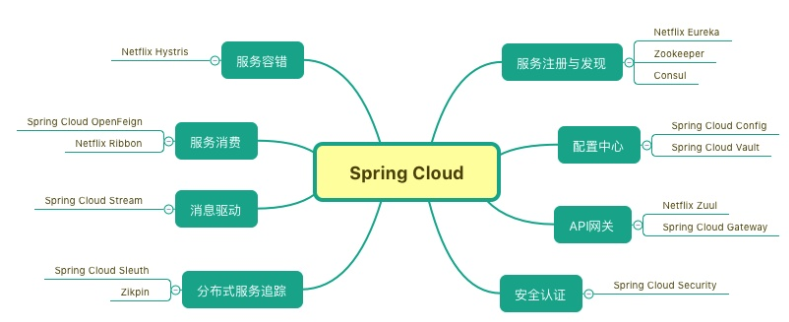this() 的用法
- 功能:调用当前类的其他构造函数
- 作用:避免构造函数中的代码重复
- 限制:必须是构造函数的第一条语句
- 适用场景:当类中存在多个构造函数且需要共享部分初始化逻辑时
class Car {
private String color;
private String model;
// 无参构造函数
public Car() {
this("Unknown", "Unknown"); // 调用双参构造函数
}
// 双参构造函数
public Car(String color, String model) {
this.color = color;
this.model = model;
}
}
super() 的用法
- 功能:调用父类的构造函数
- 作用:初始化父类成员变量
- 限制:必须是子类构造函数的第一条语句;若父类没有无参构造函数,必须显式调用
- 适用场景:子类需要初始化父类部分时
class Vehicle {
private String brand;
public Vehicle(String brand) {
this.brand = brand;
}
}
class Car extends Vehicle {
private String model;
public Car(String brand, String model) {
super(brand); // 调用父类构造函数
this.model = model;
}
}
关键区别
- this() 调用当前类的构造函数,super() 调用父类的构造函数
- 两者都必须是构造函数的第一条语句
- this() 用于代码复用,super() 用于父类初始化
来源链接:https://www.cnblogs.com/Saintwaters/p/19024722
© 版权声明
本站所有资源来自于网络,仅供学习与参考,请勿用于商业用途,否则产生的一切后果将由您(转载者)自己承担!
如有侵犯您的版权,请及时联系3500663466#qq.com(#换@),我们将第一时间删除本站数据。
如有侵犯您的版权,请及时联系3500663466#qq.com(#换@),我们将第一时间删除本站数据。
THE END

















暂无评论内容